Educational offer
The academic staff of the MEMOS research group teaches courses in the School of Engineering of the University of Padova that focus on different disciplines in the field of Electrical Engineering.
M.Sc. degree programme
COMPUTER ASSISTED ELECTROMAGNETIC DESIGN This course aims at presenting and applying to practical cases the main numerical methods for solving electromagnetic and multiphysics problems. At the end of the course the student will be able to model electromagnetic devices, either by commercial CAE software or by in-house MATLAB software.
COMPUTATIONAL ELECTRICAL ENGINEERING Students will learn the most suitable formulations of electromagnetic and circuit models for implementation inside numerical simulation codes. Furthermore, students will develop a feeling for typical problems of such numerical approaches and for the required hardware platforms and software tools. Students will get acquainted with the general structure of commercial simulation tools and will acquire skills for the development of original codes.
INDUSTRIAL ELECTROMAGNETIC COMPATIBILITY The teaching aims at introducing students to the analytical models and practical aspects of electromagnetic compatibility (EMC). In particular, the student will learn methods for studying EMC phenomena, such as conducted and radiated emissions, and the fundamental aspects of electromagnetic and circuit analysis of low and high frequency devices from an EMC point of view.
B.Sc. degree programme
CIRCUIT THEORY The main goal of the course is to provide skills for analyzing DC/AC electric circuits. Basic models of two-terminal elements togheter with Kirchhoff’s laws are examined first. Main analysis methods for DC/AC linear circuits and related examples of application are outlined in detail. Multi-terminal components and some simple transient circuits (R-L, R-C, R-L-C) are finally considered.
ENVIRONMENTAL ELECTRICAL ENGINEERING This course aims at providing skills in the field of electrical technologies for energy transition. The main analysis methods for DC/AC networks and working principles of electrical machinery and installations are outlined. The course focuses also on smart grids, renewable energy systems, and electric mobility.
